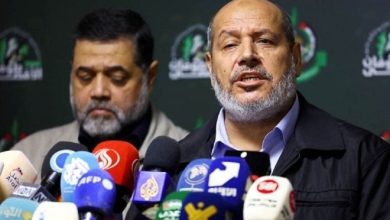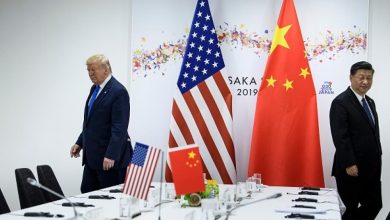Tunisian President Kais Saied Rejects International Criticism Over Harsh Sentences Against Opposition Figures
Saied condemns French, German, and UN statements as "blatant interference" following long prison terms handed to political opponents, lawyers, and businessmen.
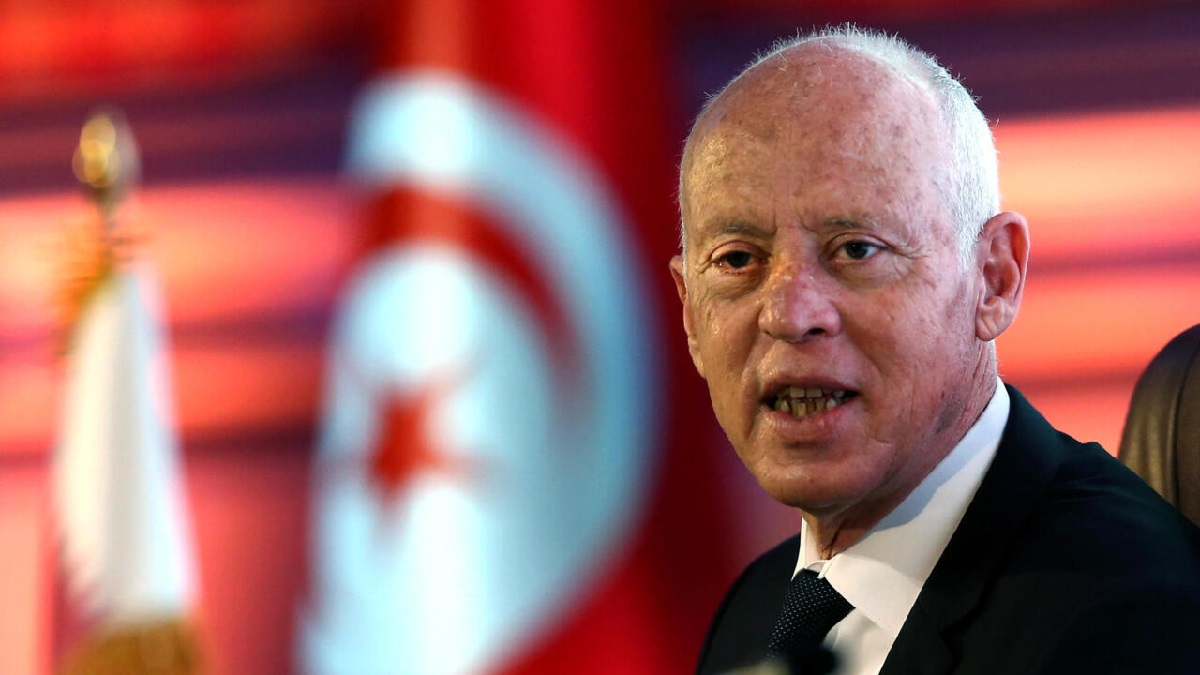
Watan-Tunisian President Kais Saied late Monday into Tuesday denounced foreign criticisms of recent harsh prison sentences imposed on opposition figures, calling them a “blatant interference” in Tunisia’s domestic affairs.
In a statement issued by the Presidency, Saied declared:”The statements and declarations issued by foreign parties are categorically rejected and constitute blatant interference in Tunisia’s internal affairs.”
This sharp reaction came after France, Germany, and the United Nations expressed deep concern over what they described as serious violations of fair trial standards. The criticism followed the issuance of unusually harsh prison sentences, reportedly reaching up to 66 years, against a number of opposition figures, lawyers, and businessmen in Tunisia.
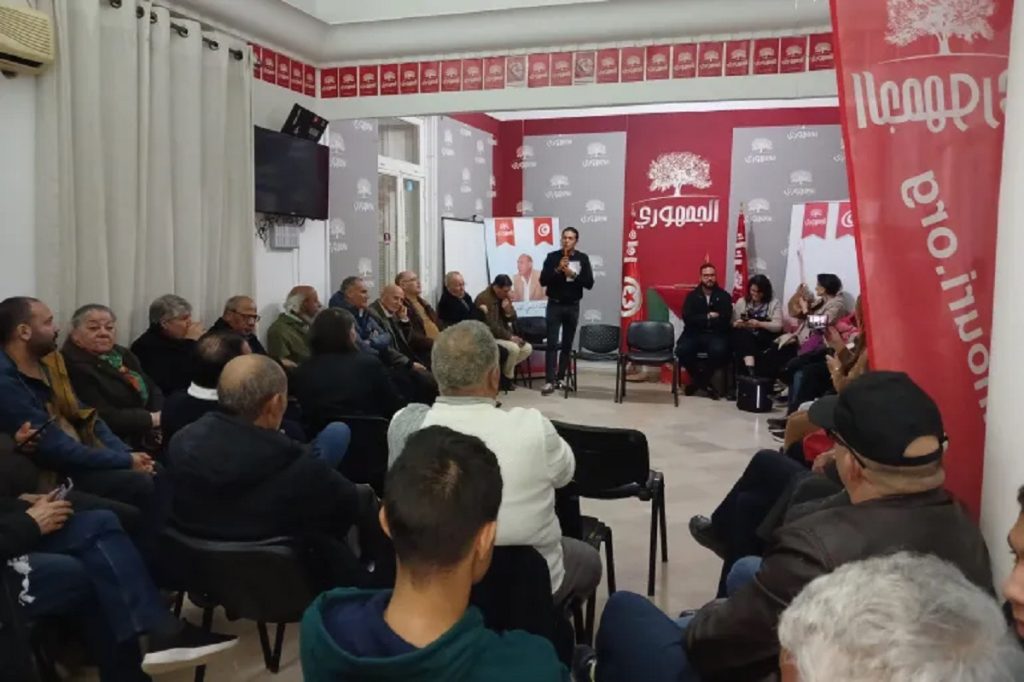
In recent weeks, several high-profile figures, including leading opposition politicians and human rights lawyers, were handed lengthy prison terms under charges ranging from “conspiring against state security” to “spreading false information.”
Rights organizations, including Amnesty International and Human Rights Watch, have raised alarms about the deterioration of democratic institutions and judicial independence under Saied’s leadership.
France’s Foreign Ministry emphasized that the trials “failed to meet international standards of fairness and transparency,” while Germany’s Foreign Office called for “respect for basic rights and due process.” The United Nations High Commissioner for Human Rights also expressed concern, warning that the ongoing repression could further destabilize Tunisia’s fragile political transition.
Saied’s Stance
Saied has consistently portrayed criticism from Western countries and international organizations as part of a broader campaign to undermine Tunisian sovereignty. He argues that Tunisia is exercising its independent legal and political processes free from foreign influence, insisting that those prosecuted are involved in plots against the state.
In his latest statement, Saied reiterated Tunisia’s rejection of external “dictates” and reaffirmed his government’s commitment to “building a state based on law and sovereignty.”
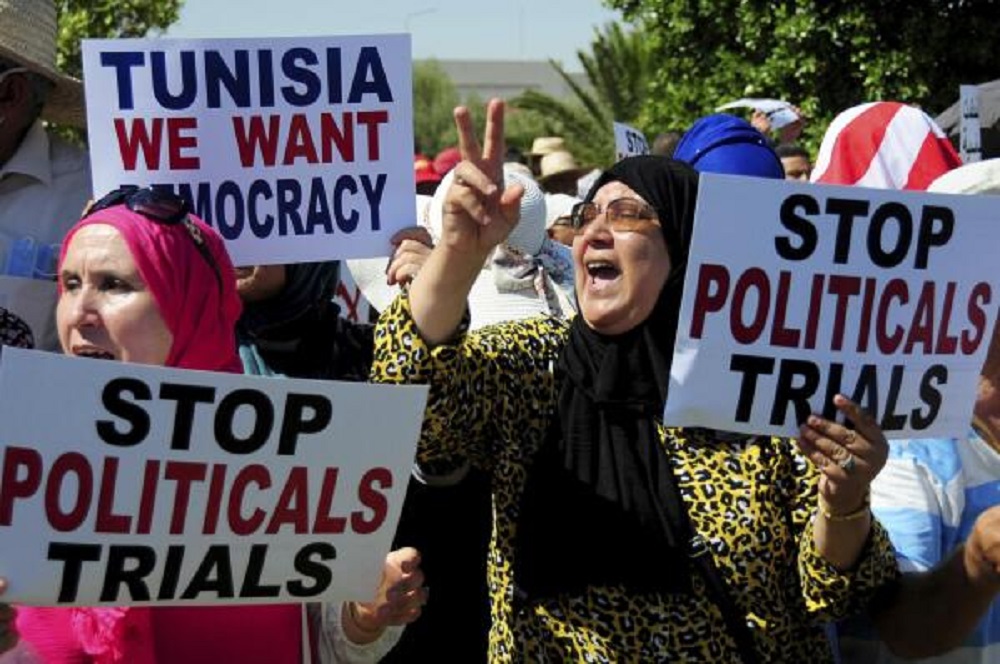
Growing Tensions and International Pressure
The developments risk isolating Tunisia further at a time when the country faces a severe economic crisis, rising inflation, and stalled negotiations with international lenders like the International Monetary Fund (IMF), which are crucial for economic recovery.
European countries, while critical of Tunisia’s political trajectory, also fear instability in Tunisia could trigger a surge in migration across the Mediterranean.
Diplomatic sources suggest that mounting international pressure could complicate Tunisia’s external relations and affect future aid packages, even though Saied remains defiant against foreign demands for reforms.

